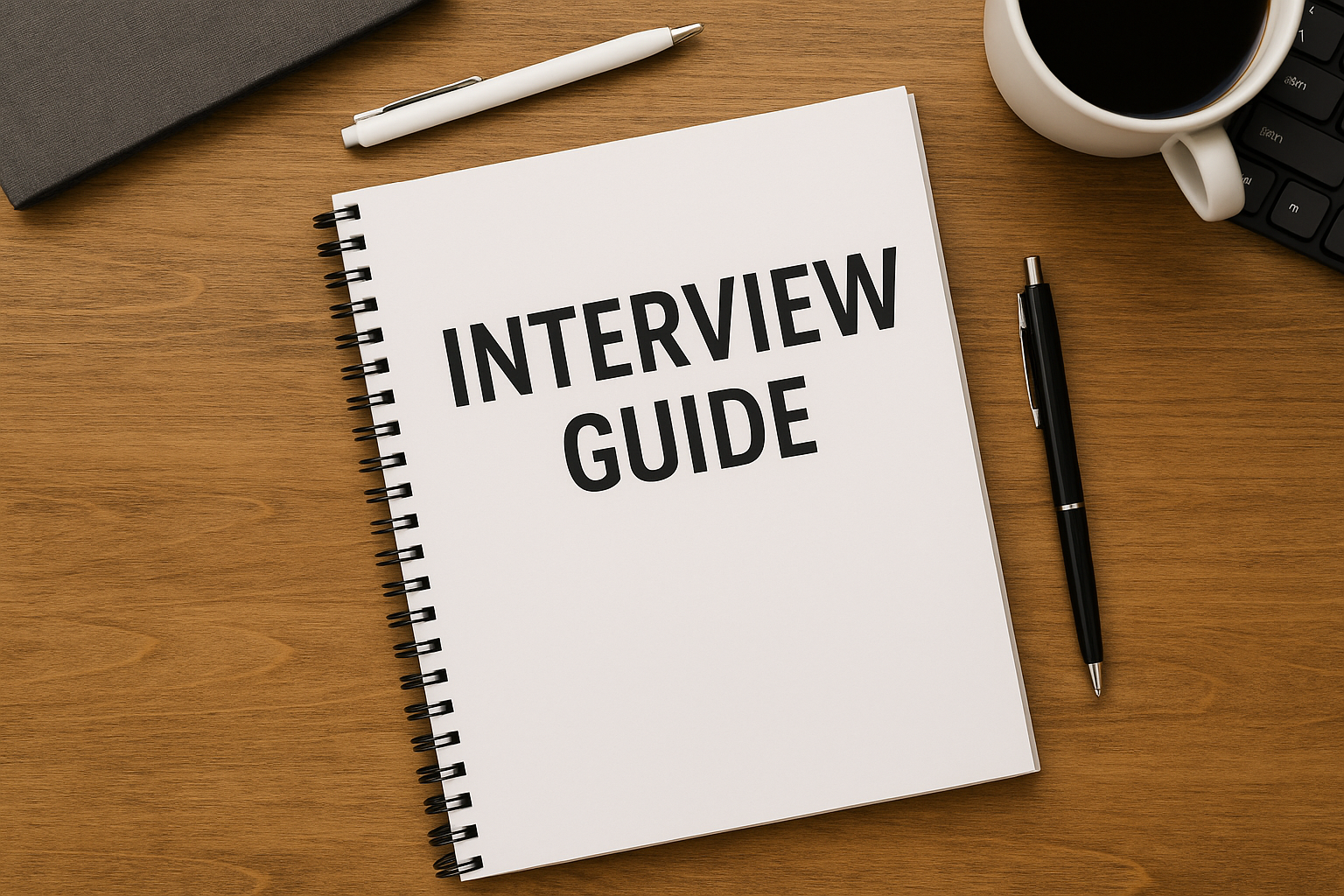Most candidates don’t lose job offers because they lack skills — they lose them because of avoidable interview mistakes. In competitive hiring markets, small errors make a massive difference.
This complete job interview preparation guide breaks down the most common interview mistakes and shows you exactly how to fix them. Whether you're preparing for behavioral interviews, virtual interviews, or final-round discussions, this pillar guide will help you improve performance and increase your offer rate.

